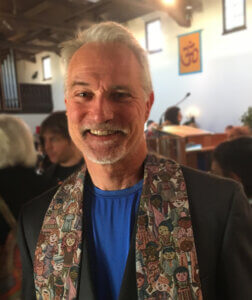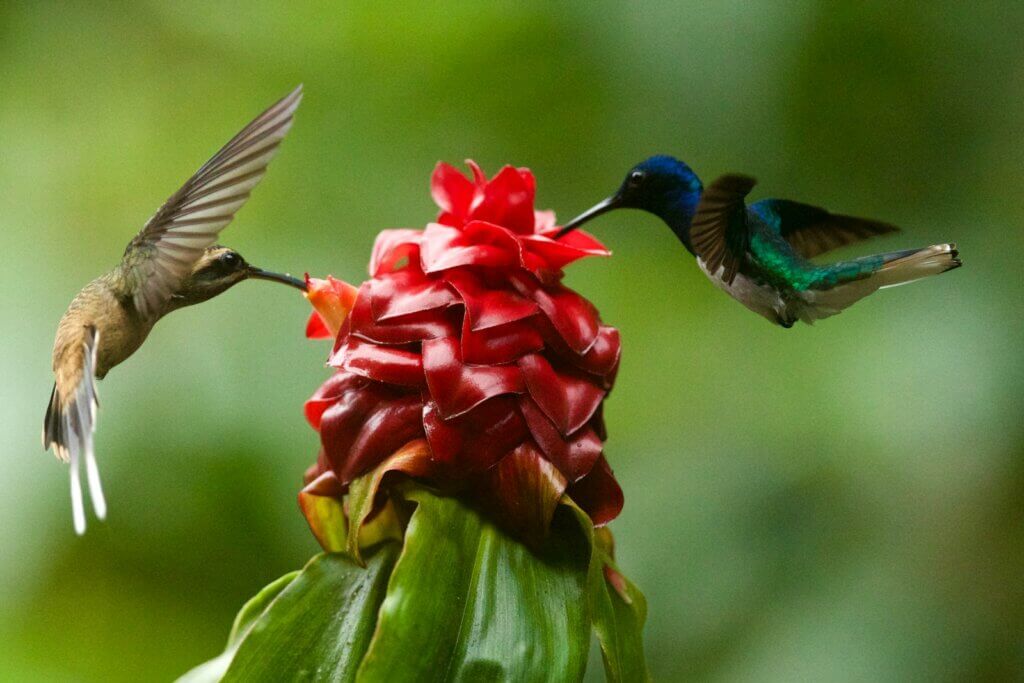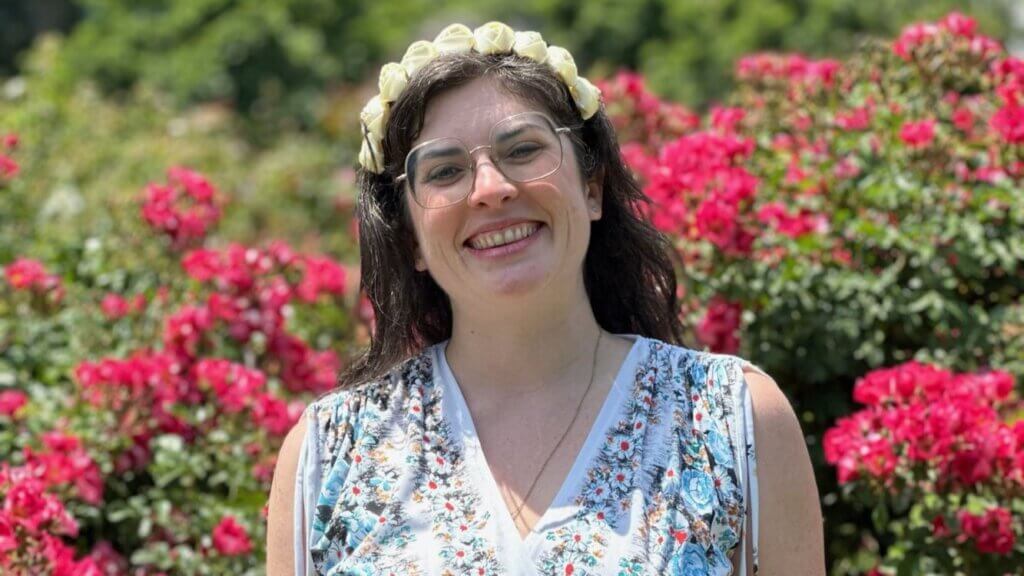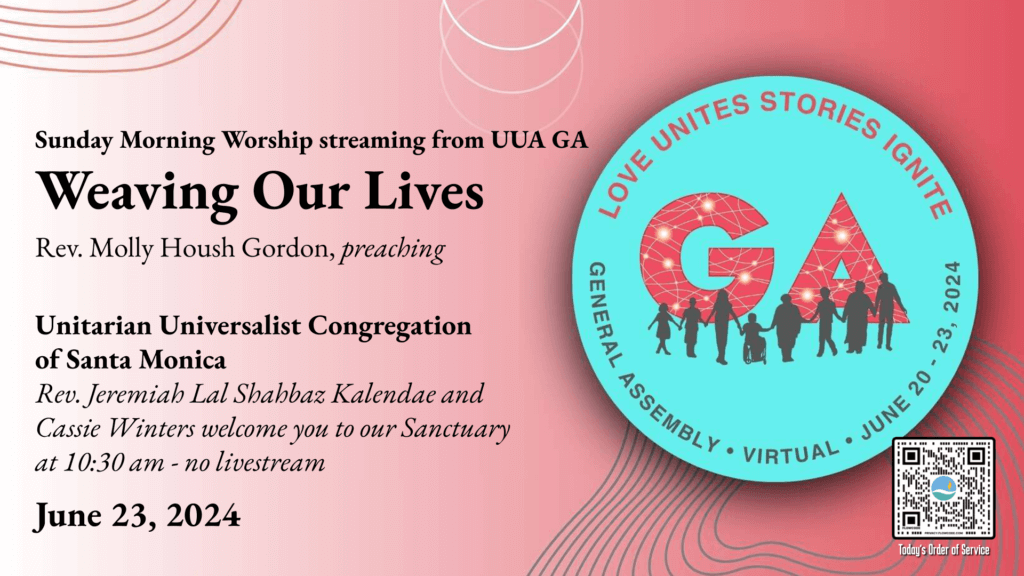 Dear Friends,
Dear Friends,
I feel heartbroken about the events in Christchurch, New Zealand, this past month. Partly for the individual people and families who lost loved ones. Partly for the mounting hate and polarizing ideologies emerging and escaping collective accountability. Partly for our penchant for turning to unilateral extreme violence to address religious-political-ethnic ideologies. Partly because of the way our Muslim brothers and sisters feel when they watch people just like them be extinguished without the sustained international outrage that we’d expect if this were truly unacceptable within a committed coalition of solidarity. Partly because of the implicit message this sends to the world about our collective culture where the unthinkable becomes begrudgingly normalized.
Everywhere, we are seeing white supremacist intolerance fueling national and international policy making from leaders like the US (fear-based immigration policies and an irresponsible level of weapons sales to foreign countries); Great Britain (Brexit); China; North Korea; Italy; Brazil; and a dozen other countries whose political climate is controlled by extreme nationalism and fear.
I’m thinking of the Arab world… of Syria… of Iraq… and Iran… and Egypt… and Palestine… I am seeing the bias and prejudice running rampant. I’m thinking of the ways in which we “other” people we don’t know – casting them in a category of “less than human.” Of judgment so powerful that it swallows all the generosity, laughter, curiosity, and wonder we want for our world down into a giant sinkhole of despair.
This is happening on a global scale.
On a global scale, ideological hate separates us. It eliminates all the ways we might show up in one another’s hour of need to restore hope and make friendships whole. It makes it unlikely we’d break bread together in someone else’s home. Every day it becomes harder and harder to see the ways our lives’ frayed edges actually fit together. We lose sight of all the evidence that says we were made from whole cloth, ripped apart, and that we are trying to find our way together again.
There is a space between all things. It is a buffer that can be – indeed, I believe it was meant to be – a holy space of invitation. It was meant to be a space of hospitality, generosity, openness, and creative collaboration. But that’s not what seems to be rushing into fill that space. Whether we’re nations, states, neighbors, or individuals, what seems to be pouring into the spaces between us is fear. And still, we wonder why we’re feeling fragmented. Less than whole.
We’re feeling fragmented because, in our anxiety to fill the spaces between us, we are quicker to invite fear than curiosity and wonder into the parlor of our imagination. And when the music stops and everyone rushes to occupy the limited number of chairs at the table where decisions get made, fear winds up with the most seats and the loudest voices in the room.
Fear is really good at filling small spaces – like that space between our ears. More and more, that space in our minds – and in public rhetoric – is being filled with worry, doubt, cynicism, or despair. Fear speaks in the recognizable phrasing of the many internet trolls who use click-bait mechanisms targeting our reactionary survival instincts to access our time or money. Indeed, if you removed all the dog and cat videos, fear (and promises to avoid or escape what frightens us) has wrapped itself around most every other aspect of our internet lives.
I don’t really know the many people who make and distribute the news. I don’t know if they love their families, if they help their children with their homework, or if they go to school plays. I don’t know if they are sad at the sight of those who die. Do they weep for those near who lose their families or those far who lose their innocence?
But I do know that unless – and until – we can cultivate a generous and responsible sense of compassion for the suffering around us (instead of the unceasing preoccupation with the abatement of our own suffering), we will remain a frightened, fragmented, and hostile version of the interdependent web we were created to be.
This is as true for those of us sitting next to each other at our Unitarian church as it is for those sitting next to each other at the United Nations. Without a daily discipline of curiosity, connection, compassion, and care, we will be prone to hesitancy and suspicion, doubt and the “everyone-for-themselves” that results when we forgo our higher spiritual impulse of generosity and service.
I’m not one who says there’s nothing to worry about. That all this rhetoric is untrue and there’s nothing to fear. But neither am I an advocate of letting fear determine our response to everything. Fear distorts reality. And we’re amidst so many distortions that we’ve begun to believe that “objects are larger or closer than they appear.”
I think if we, indeed, want wholeness, we need to find as many ways as possible to be true to the humanity that binds us together. To begin practicing a radical kind of love that is the only revolutionary force that can resist this fear. A love that defies distortion.
Take as many moments as you can to reach into the spaces that exist between people. Between you and your neighbors. You and other religions. You and other races. You and the people you sit next to at church. Offer and expect wonder. Return what you find with compassion and acceptance. It is time to heal our world by being generous with every encounter. And to keep doing it until we are all connected.
To the Glory of Life.




